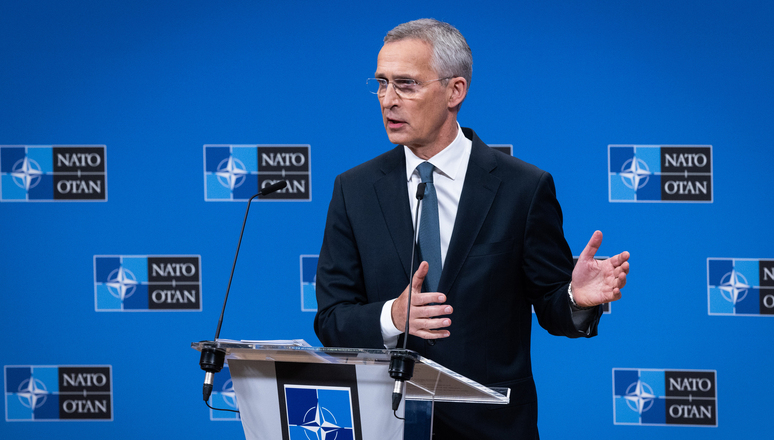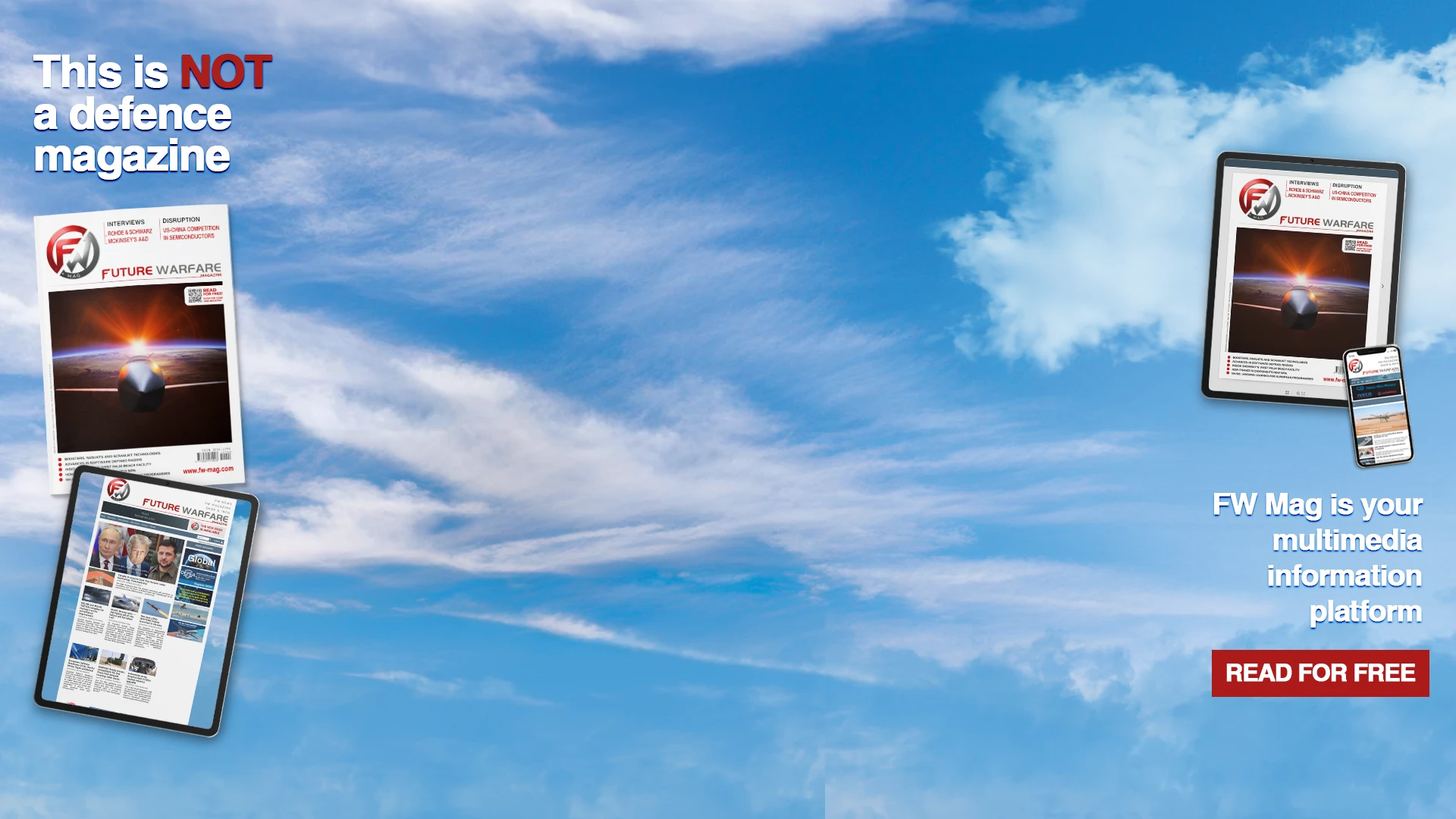
On Ukraine, ministers agreed a plan on how NATO will lead the coordination of security assistance and training. “This will allow NATO leaders to launch this effort at the Washington Summit in July, putting our support to Ukraine on a firmer footing for years to come,” said Mr Stoltenberg. With a command in Wiesbaden, Germany, NATO will coordinate training and equipment donations, with nearly 700 personnel from Allied and partner nations involved in this effort. NATO will also facilitate equipment logistics and provide support to the long-term development of Ukraine’s Armed Forces. “These efforts do not make NATO a party to the conflict, but they will enhance our support to Ukraine to uphold its right to self-defence,” said the Secretary General. Defence ministers also agreed on response options for Russia’s hostile actions against Allies. These include increased intelligence exchange, enhanced protection of critical infrastructure, including undersea and in cyber space, and further restrictions on Russian intelligence operatives. “Russia’s campaign will not deter us from supporting Ukraine and we will continue to protect our territories and populations against any kind of hostile actions,” said Mr Stoltenberg. On deterrence and defence, ministers discussed new NATO defence plans, which military planners are translating into concrete requirements for the forces and capabilities needed to defend Allies. “Allies are offering forces to NATO’s command at a scale not seen in decades. Today we have 500,000 troops at high readiness across all domains, significantly more than the goal that was set at the 2022 Madrid Summit," said Mr Stoltenberg. He added that Allies are investing in key capabilities, noting that "over the next five years, NATO Allies across Europe and Canada plan to acquire thousands of air defence and artillery systems, 850 modern aircraft - mostly 5th generation F-35s - and also a lot of other high-end capabilities." NATO is also investing in innovation, including over 1 billion dollars in the NATO Innovation Fund. Allies discussed a new Defence Industrial Pledge which will scale up military production and solidify long-term cooperation with industry. In a meeting of the Nuclear Planning Group on Friday, defence ministers also discussed the ongoing adaptation of NATO’s nuclear capabilities. “We are a nuclear Alliance - committed to being responsible and transparent. But clear in our resolve to preserve peace, prevent coercion, and deter aggression,” said Mr Stoltenberg.








